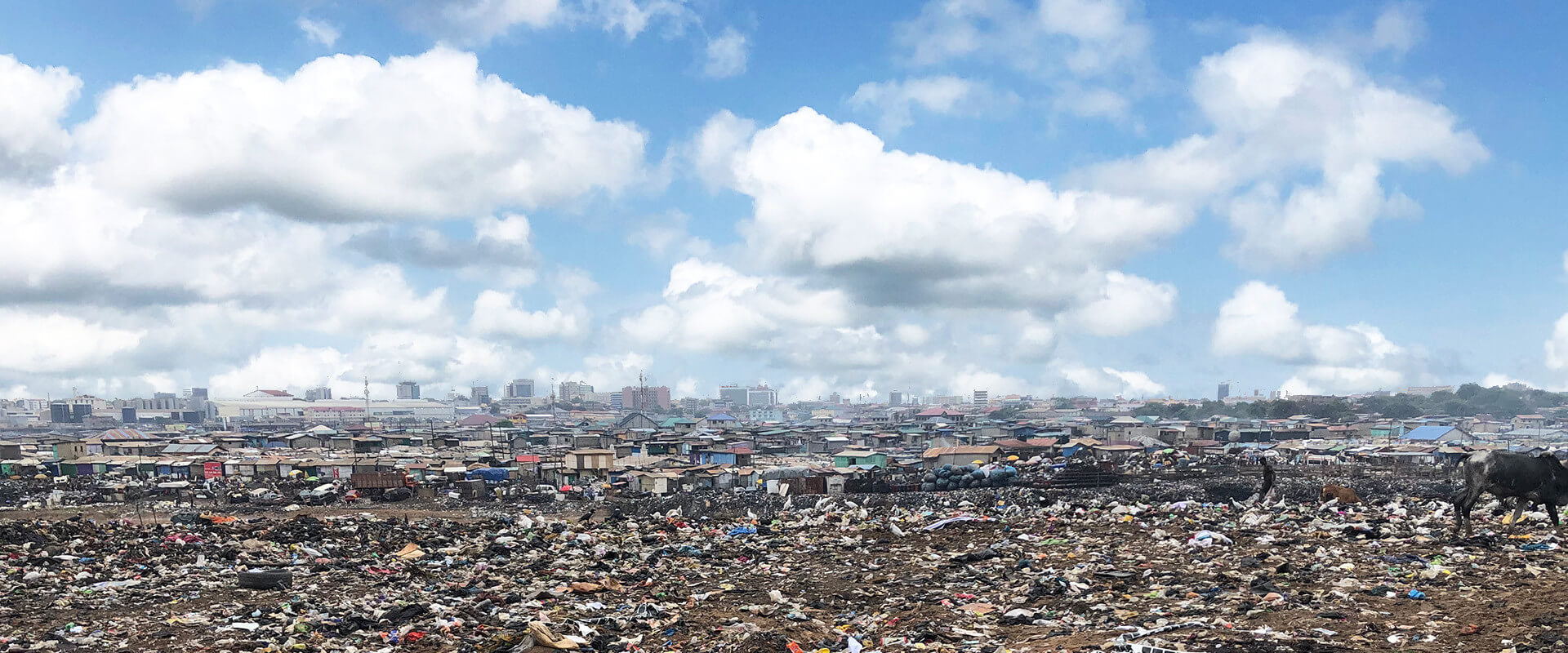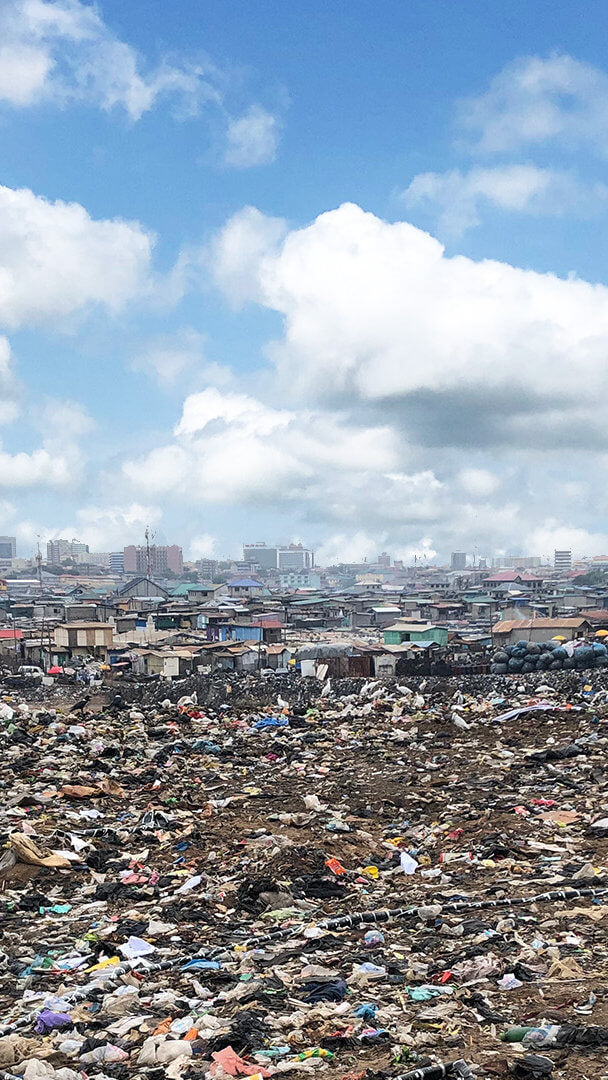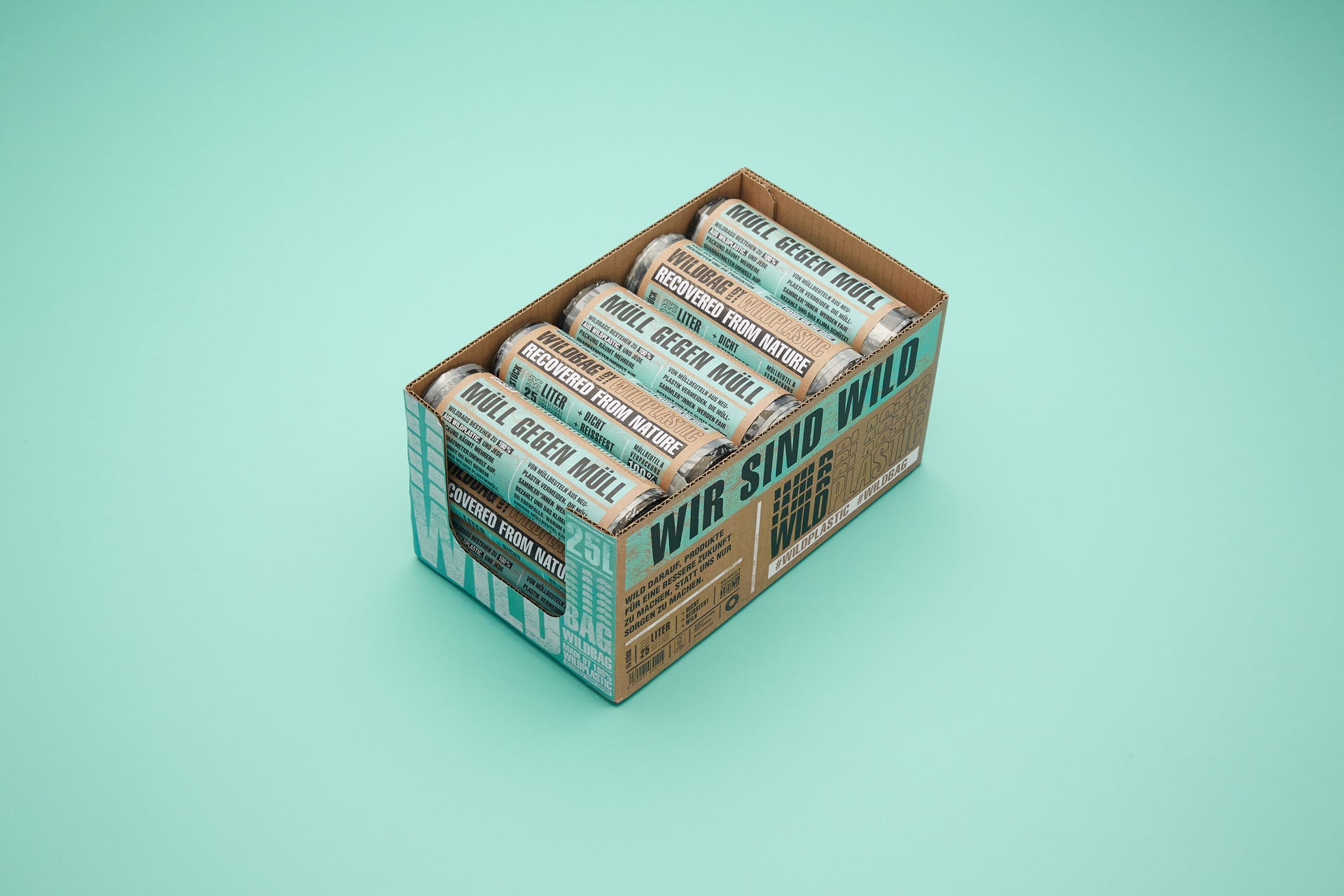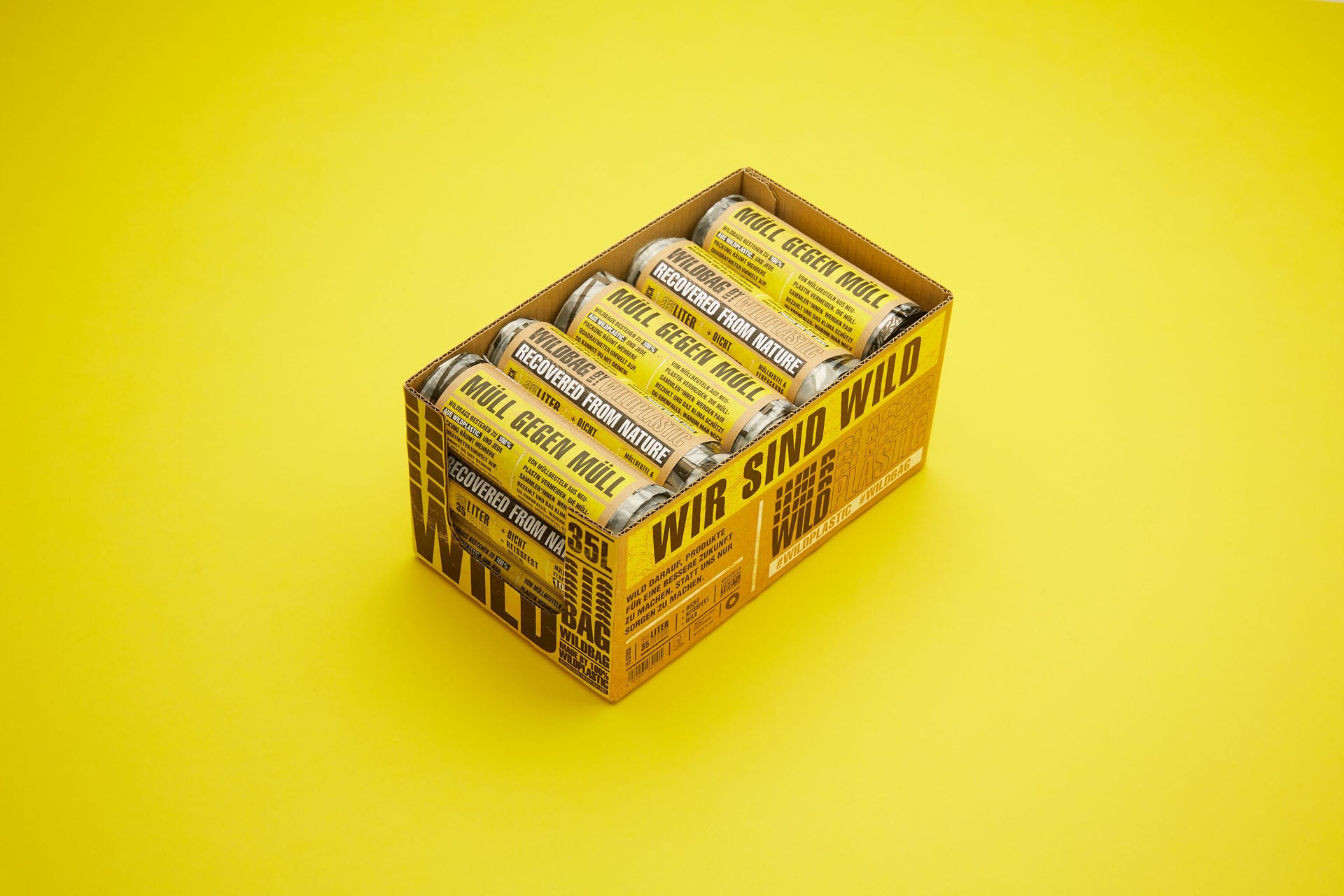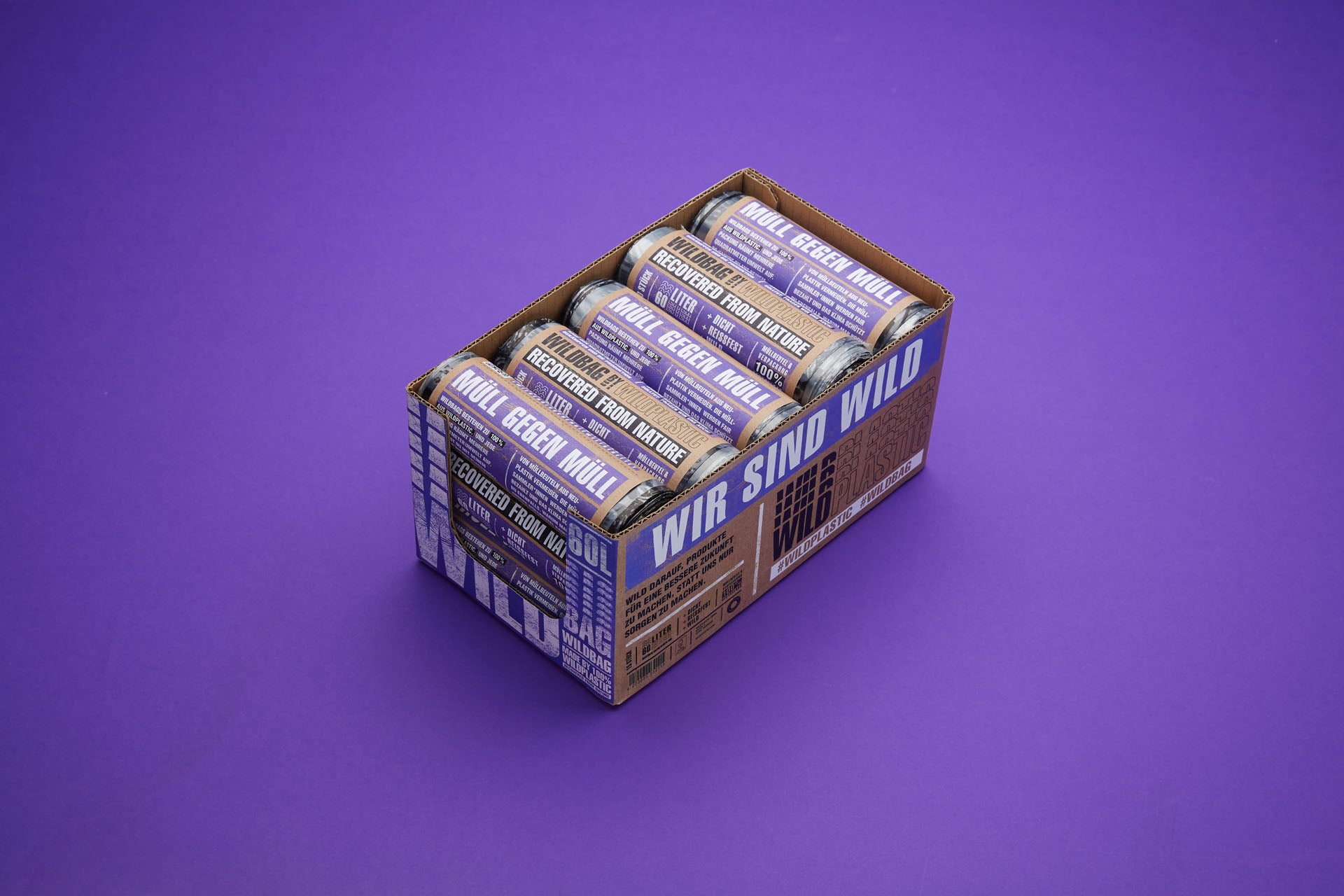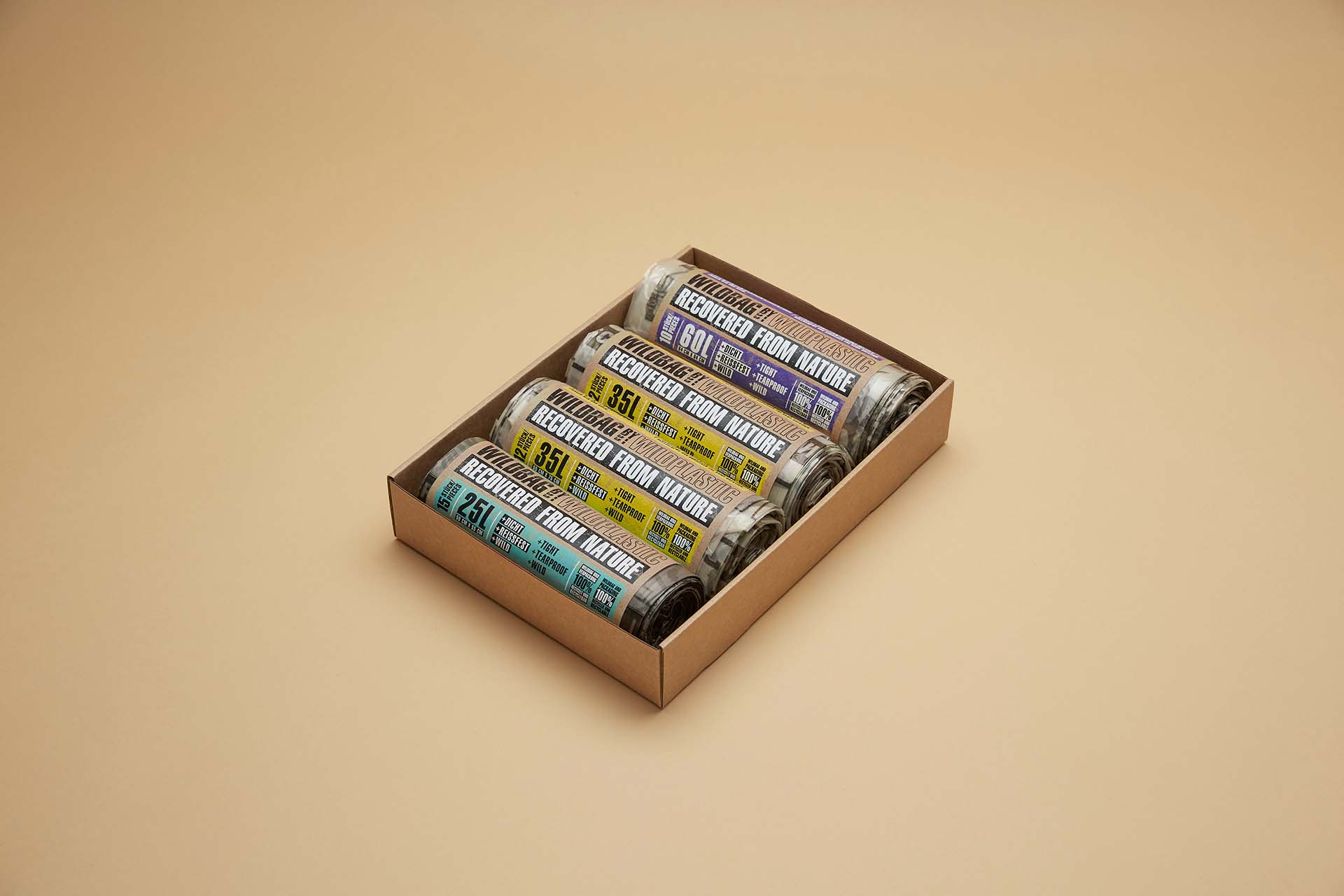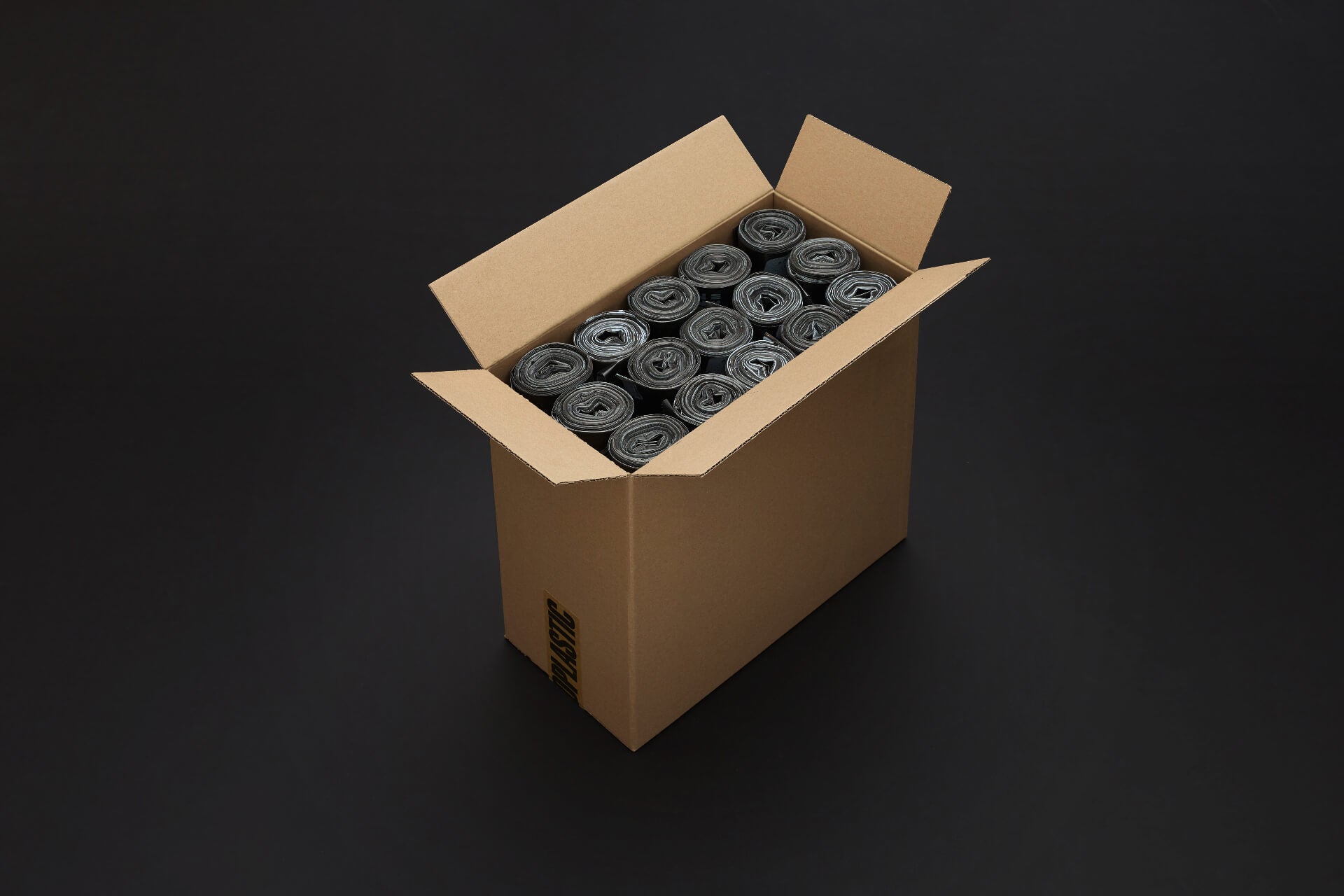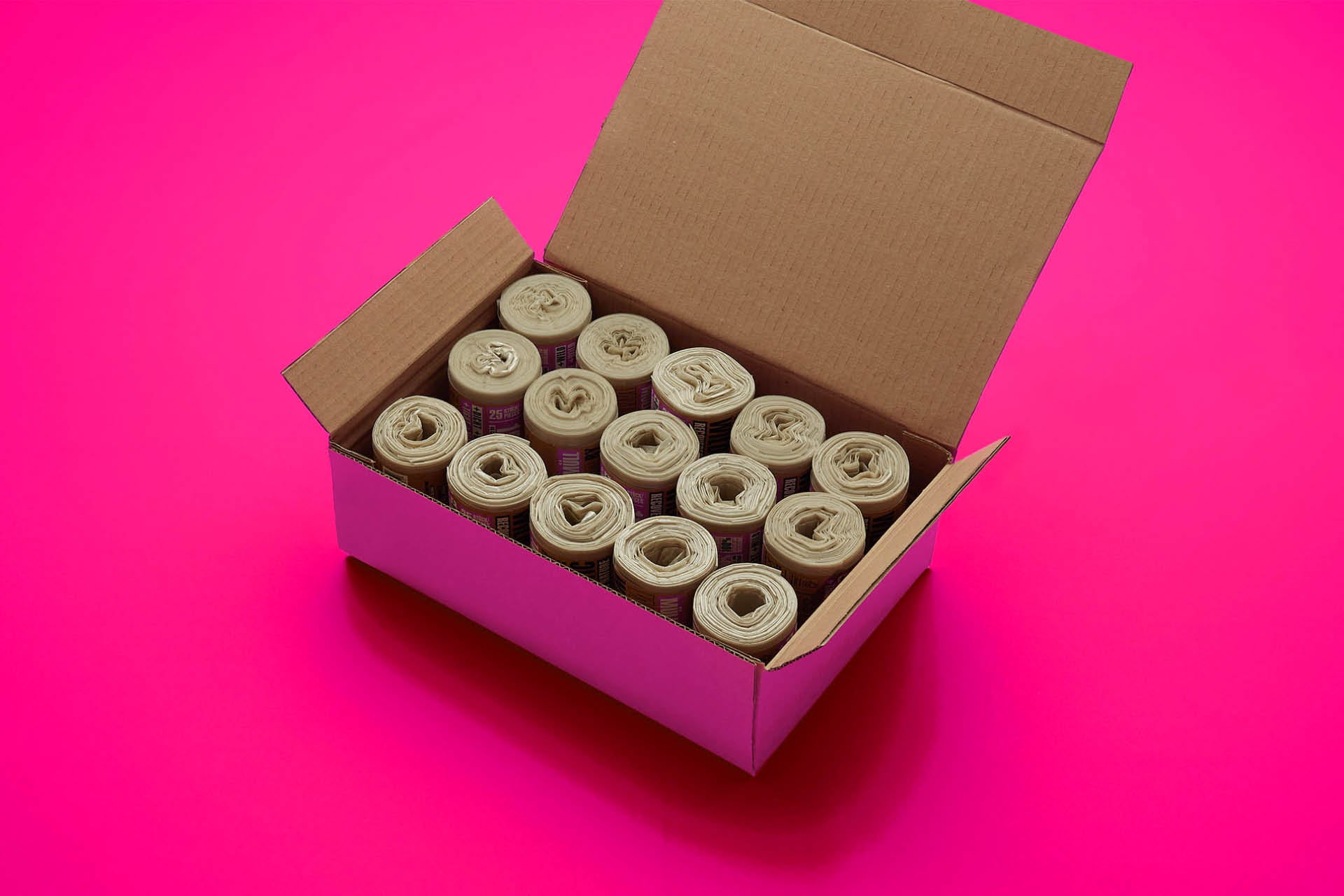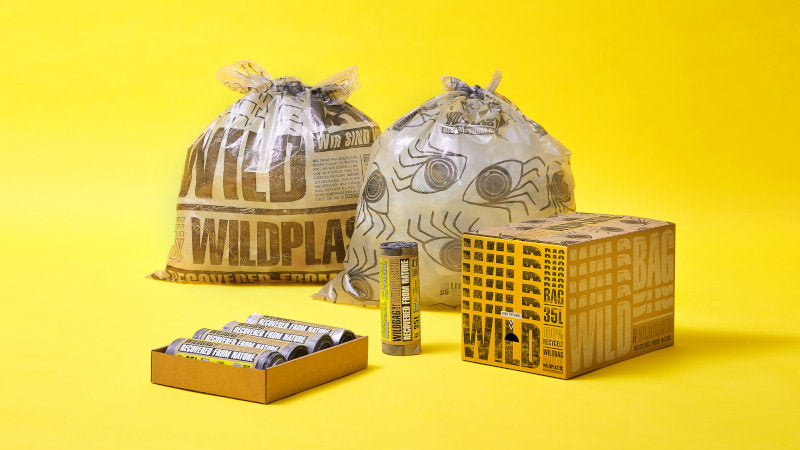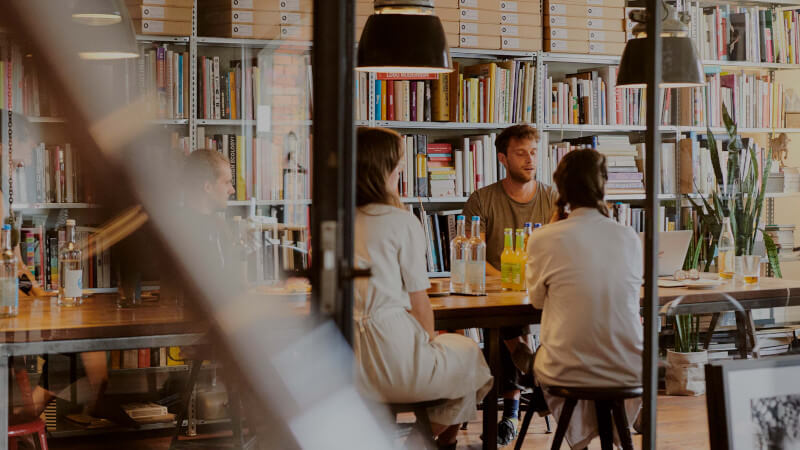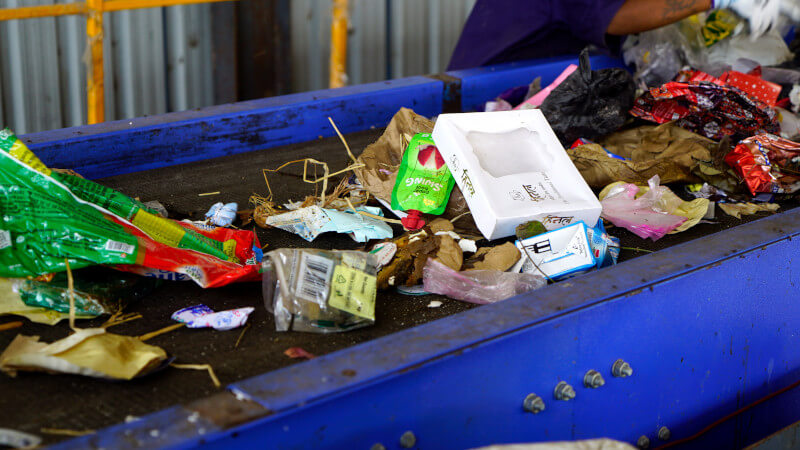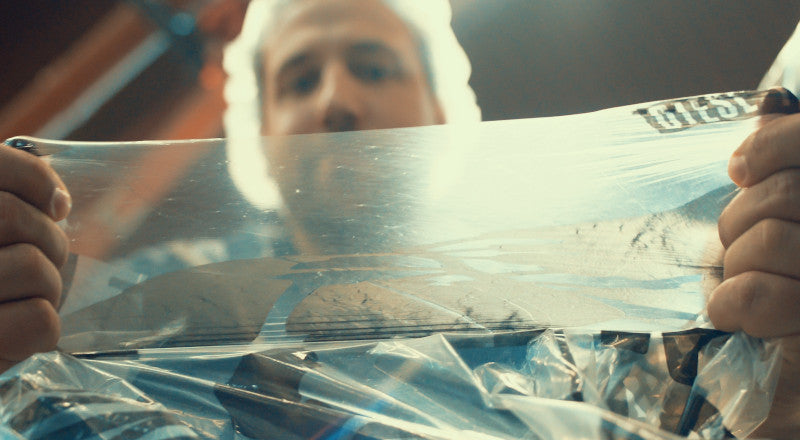What we already achieved
706.078 kg
WILD PLASTIC RECOVERED
1.406.022 kg
CO2 EMISSIONS SAVED
10.704 days
WITH BETTER WORKING CONDITIONS
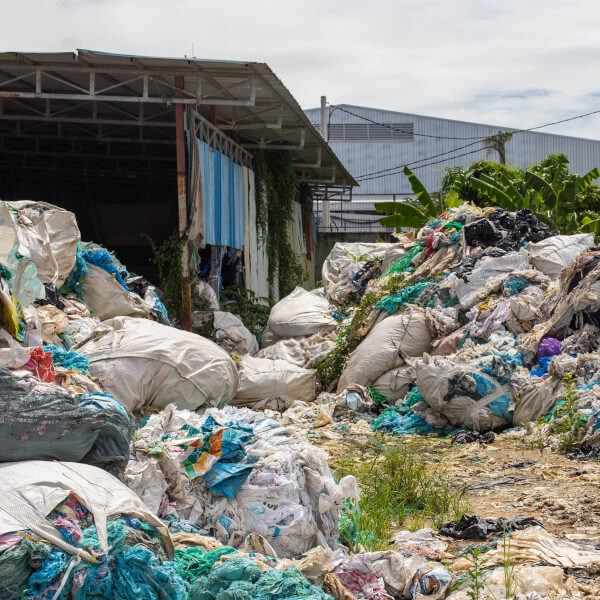
6.300.000.000 tons
Since the 1950s, 6.3 billion tons of plastic waste have been produced worldwide. Every year, 400 million tons of virgin plastic are produced - and the trend is rising. How much of this plastic waste has actually been recycled so far?
9% has been recycled
12% has been incinerated
79% is still in the environment
This amount of plastic waste in the environment has a huge impact on people and nature. We need to do something now to rid our world of wild plastic waste.
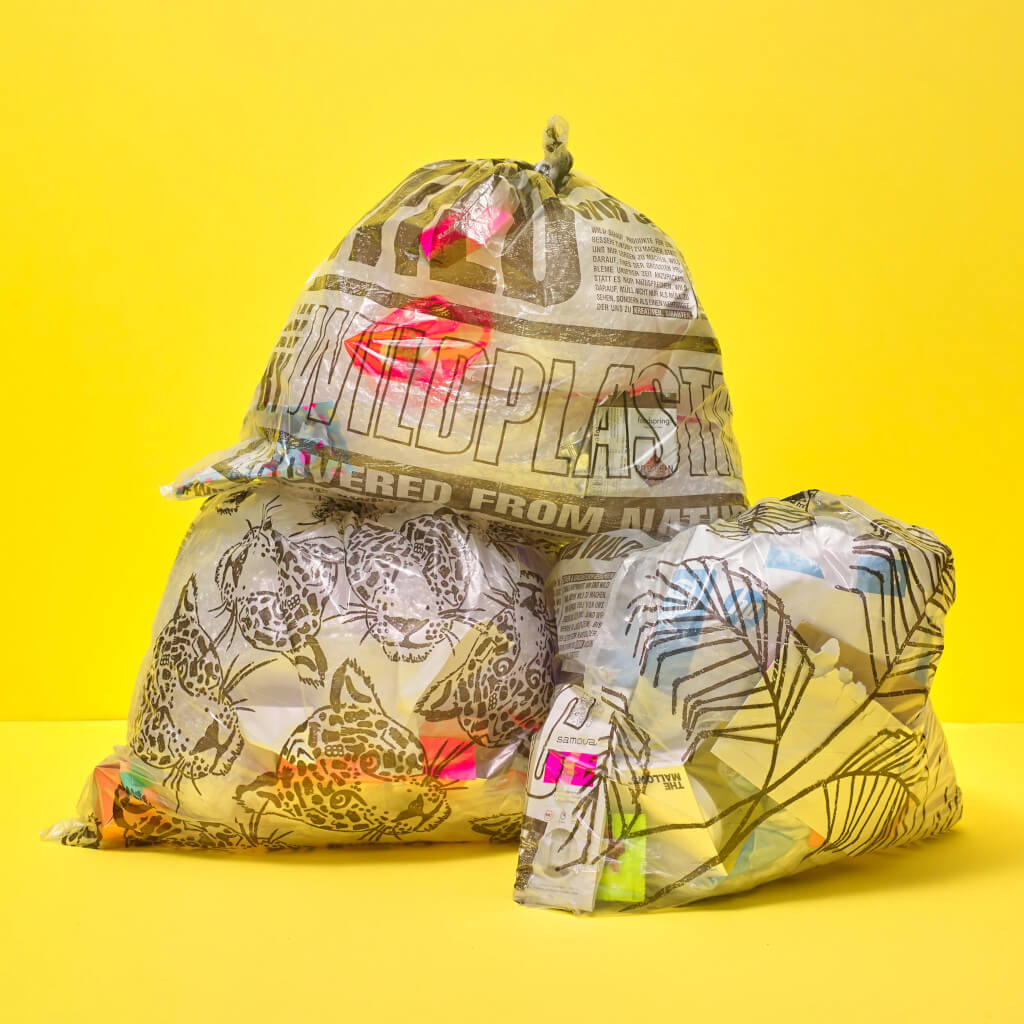
From trash to resource
WILDPLASTIC was founded with the mission of ridding the world of wild plastic waste. Wild plastic is all the plastic that is found outside the recycling cycle in illegal landfills, in nature or on the streets.
We together with our partners we recover this material and process it into new products.
With the idea of the WILDBAG - a rubbish bag made of wild plastic - WILDPLASTIC® started on a wild journey that continues to this day.
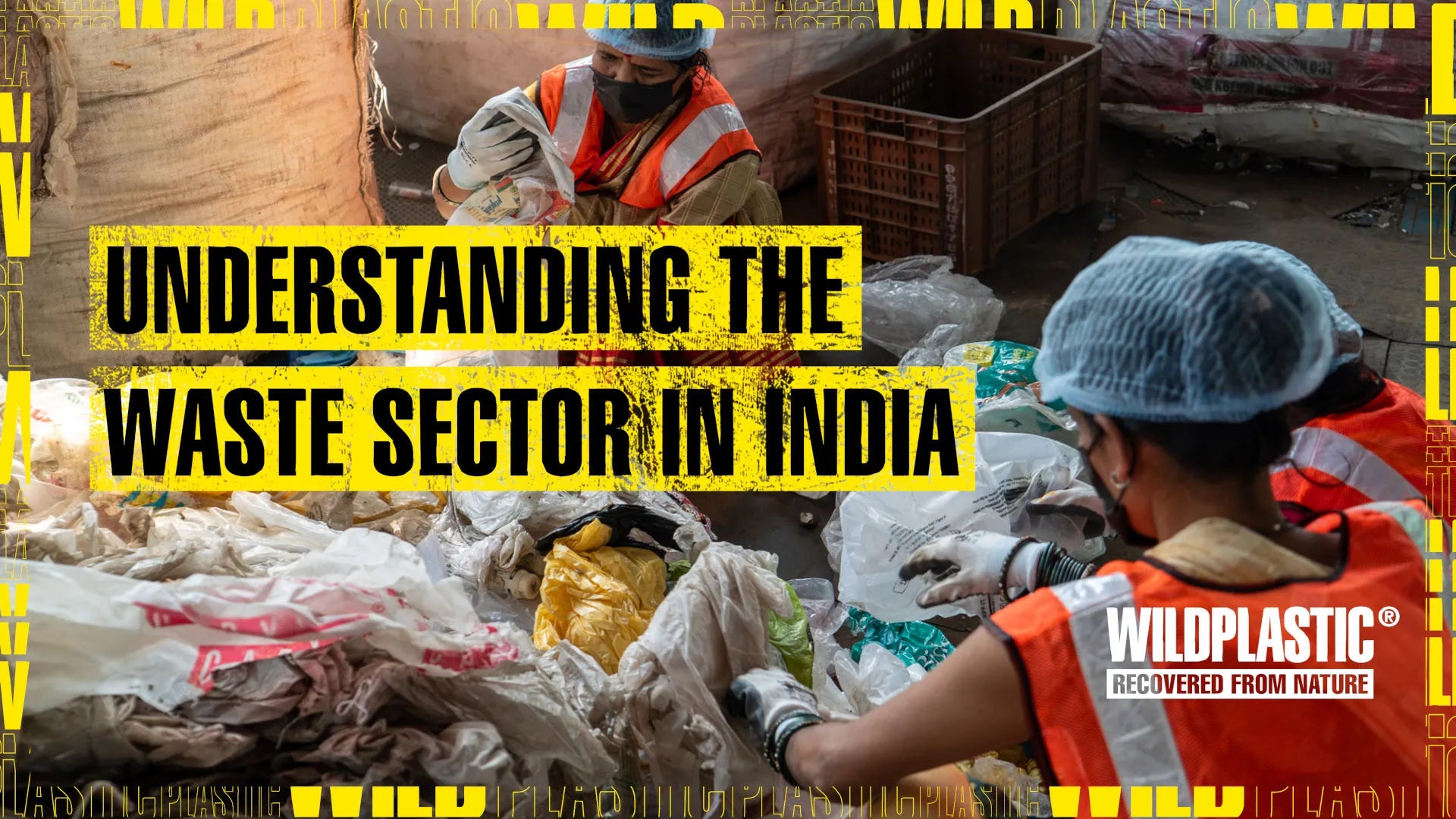
Our partners make is possible
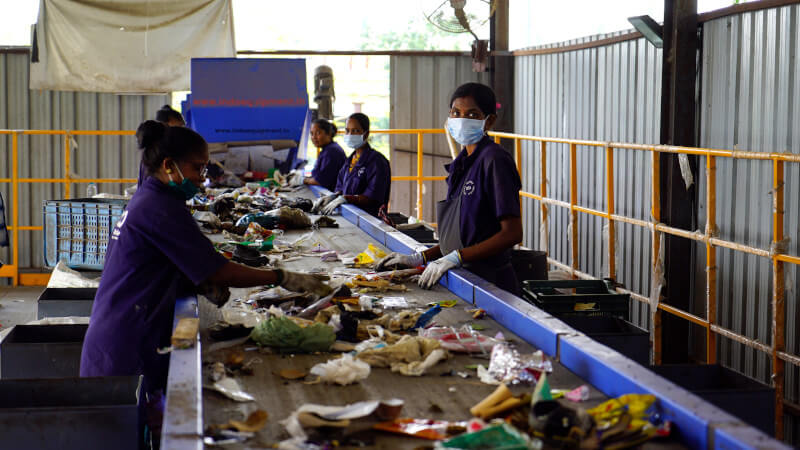
The Organizations
We work in close collaboration with local organizations to remove wild plastic from the environment. This makes sense for us because, on the one hand, the organizations have important expertise for the local conditions and, on the other hand, we do not want to interfere with existing structures, but rather support them. Our wild plastic currently comes from India, Thailand, Indonesia, Senegal and Sierra Leone.
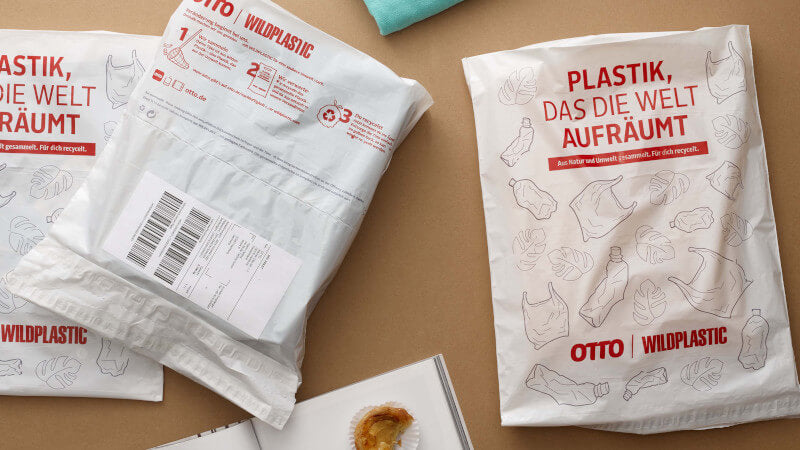
The business partners
We won't be able to free the entire world of wild plastic on our own. That's why we're working with companies like OTTO. Together with OTTO, we have developed the first mailing bag made from wild plastic. But WILDPLASTIC can be so much more. That's why we are always on the lookout for other partners who want to work with us to recover wild plastic from the environment.
Become a WILDsupporter
Free the world from wild plastic waste with our WILDBAGS
FAQ
WILDPLASTIC is complex, but not complicated. Get all the answers to your questions here.
Who is WILDPLASTIC®
WILDPLASTIC is a team of currently 17 people with different backgrounds who are united by the goal of recovering as much wild plastic waste as possible from the environment and returning it to the recycling cycle. To achieve this, we work hand in hand with collection organisations in regions that are particularly affected by the plastic crisis. We buy wild plastic from them, thereby giving the material a new value and feeding it back into the production cycle by making new products from it, such as our WILDBAGS and Mailingbags.
What is wild plastic?
The term "wild plastic" describes all the plastic that currently exists outside the closed recycling cycle. It is mainly found on streets, in illegal and open rubbish dumps and in nature, primarily in countries without adequate waste and recycling systems. Please note: The wild plastic we use is not ocean plastic. It fits the definition, but our work starts before the plastic even reaches the water.
How do you measure your impact?
Our products are tools to fulfill our mission. With them, we want to give wild plastic waste a value again. We do this by improving the working conditions of local collectors, bringing wild plastic back into the recycling cycle and saving CO2 in comparison to virgin plastic products in the process. To achieve this, we are in close contact with collection organizations and have carried out a product life cycle analysis together with our partner Planet A in order to have as much certainty as possible that we are achieving our goals.
Can WILDBAGS and WILDmailingbags be recycled?
We design all WILDPLASTIC products (e.g. our WILDBAG) so that they can be recycled. In practice, however, this does not mean that this actually happens, and as always, the whole thing is a little more complicated.
There are about a million reasons why this is the case. For example, residual waste is almost always incinerated in Germany. For cost reasons, for example, it is usually not worth sorting out and cleaning the garbage bags beforehand in order to recycle them.
We and you can do little to change most of these one million reasons, except to demand politically that we fundamentally change the way we manufacture products and how we dispose of them. The most effective way to do this is through demonstrations and petitions.

